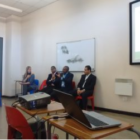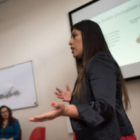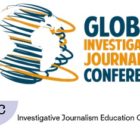The AIPC’s goal is to table African investigative journalism on international platforms. ZAM wants to be an enabler for this mission. It does this by ‘translating’ the work of African colleagues to fit with international – ‘Western’- media preferences re length, style and angles. This does not always go well.
We find that there are ‘taboo’ subjects in the West. AIPC stories have been refused by Western media for reasons from ‘that is racist’ (about a mention of witchcraft) to objection about the exposure of a quack abortion doctor in Ghana ‘because we must legalise abortion.’
This cultural challenge can be called ‘do-gooderism.’ Do-gooderism sees helpless trafficking victims instead of migrating sex workers. It sees happy noble primitives living side by side by gorillas in Virunga, instead of farmers angry at the environmental ‘protectors’ who fence off their lands. Do-gooderism blames local people for the failure of development projects, but blames (or praises) Shell for everything that happens in the Niger Delta. Do-gooderism never questions ‘fair trade’.
It is difficult for a ‘Western’ journalist to find truths hidden under the layers of dominant narratives about Africa. (Also, Africans have 300 years of experience in telling white people what these want to hear.)
We have developed a process for African and Western colleagues to overcome this cross-cultural challenge together.





